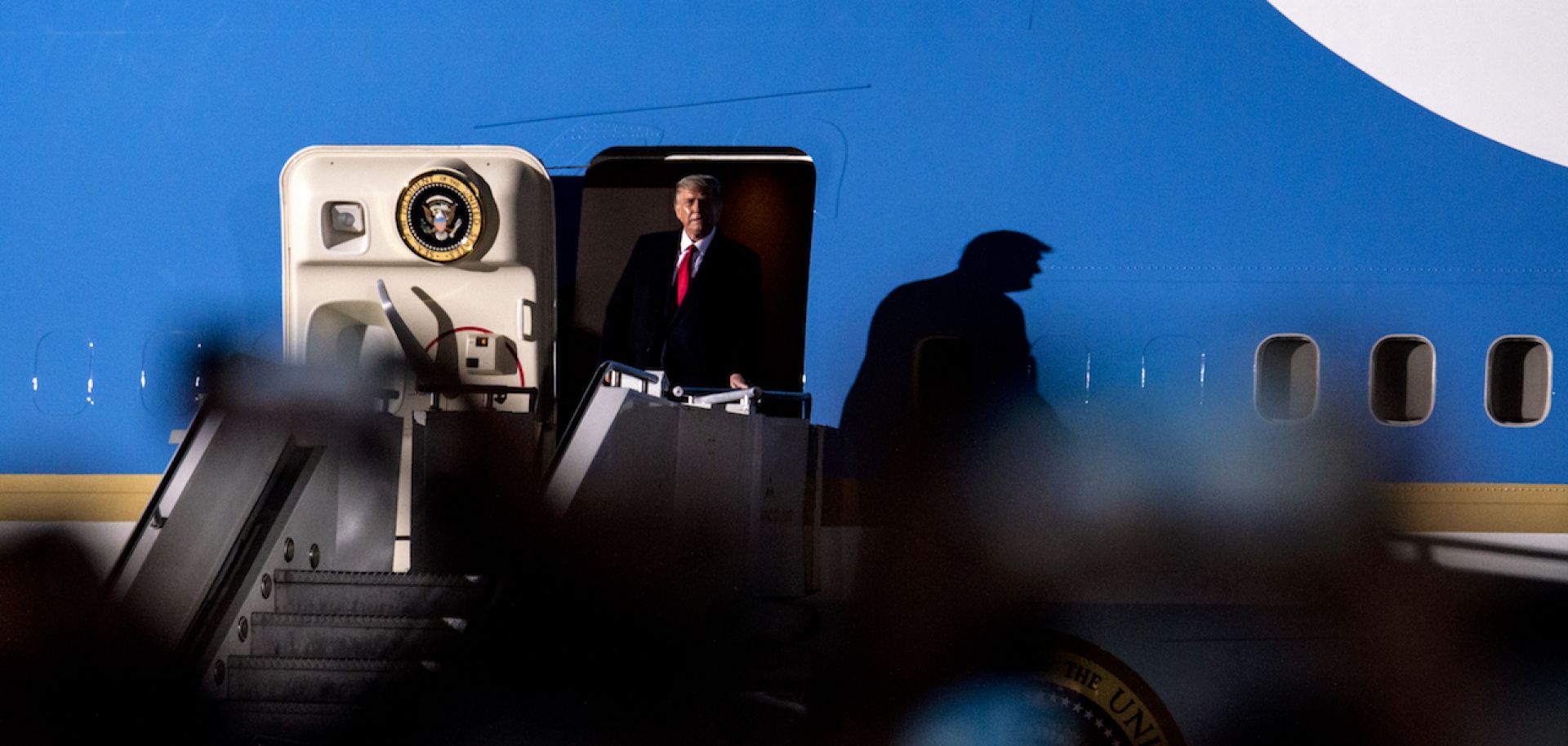There is no shortage of commentary and analysis about the domestic political implications of U.S. President Donald Trump’s newly confirmed COVID-19 case, which has reportedly so far been mild. But there’s also the question of whether his illness will create enough new stress and distraction to impact U.S. foreign policy initiatives and decisions, along with the calculus of Washington’s foreign counterparts. With the U.S. election so near, most nations are already taking a cautious approach to the United States, and are unlikely to significantly alter their relations with Washington simply due to its leader’s positive COVID-19 test. As long as Trump’s symptoms remain mild, the foreign policy impact of his diagnosis will be primarily limited to soft-power gains for the U.S. peer competitors such as China, as well as potential political and recruitment gains for non-state actors such as the Iran-backed militias in Iraq. ...

